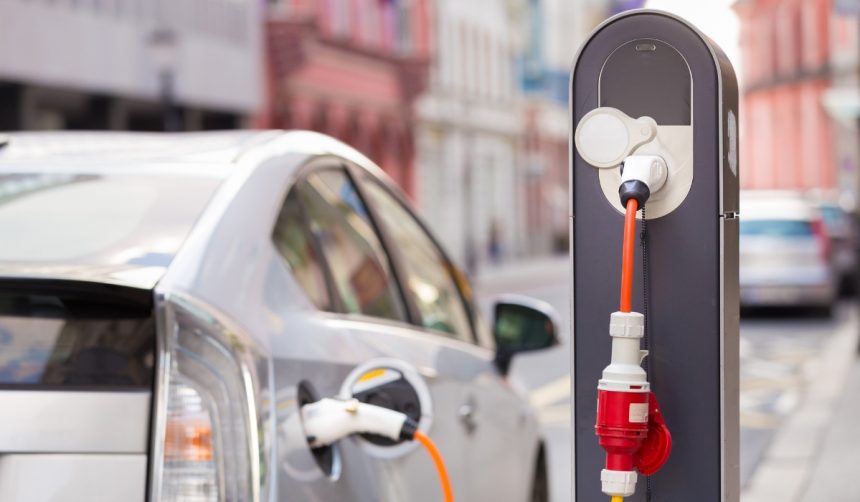Financial philanthropy among tech visionaries is under renewed scrutiny as Elon Musk reviews his commitment to the Giving Pledge, a philanthropic initiative that encourages billionaires to dedicate the majority of their wealth to charitable efforts. New information reveals that his reconsideration follows advice from Peter Thiel, reflecting the web of personal relationships and differing philanthropic philosophies within Silicon Valley. This development adds fresh context to the long-standing debate on the direction and impact of large-scale private donations, stirring public curiosity about the future of billionaire philanthropy.
Prior coverage of Musk’s charitable activities has often highlighted his participation in the Giving Pledge since 2012, focusing on his stated willingness to allocate his wealth for global good. Past discussions rarely mentioned his private reservations or the degree of influence wielded by peers such as Thiel. The emergence of personal dialogues now offers a deeper view into the decision-making process behind such commitments, contrasting with earlier portrayals that depicted billionaire philanthropy as largely unilateral and straightforward.
What Prompted Musk to Rethink His Giving Pledge?
Musk’s possible withdrawal from the Giving Pledge was reportedly triggered by Thiel’s concerns about how Musk’s assets would be distributed. During a private event in San Francisco, Thiel argued that if Musk honored his pledge, a significant portion of his fortune could end up supporting causes favored by Bill Gates, which Thiel characterized as left-leaning. In gathering actuarial evidence, Thiel emphasized the risk that Musk’s intentions might not ultimately match the destination of his wealth. Thiel recounted Musk’s reaction in conversation:
“What am I supposed to do, give it to my children? You know, it would be much worse to give it to Bill Gates.”
How Does This Affect Musk’s Philanthropic Agenda and Reputation?
While Musk evaluates his approach to the Giving Pledge, he continues to make donations through the Musk Foundation, which directs funds toward education initiatives, scientific advancements, and clean energy. The relationship between Musk and Bill Gates, both influential in the climate and technology sectors, has become contentious, especially following Gates’ expressed skepticism about projects such as the Tesla Semi and his short position against Tesla, a brand Musk leads. The differences in their charitable outlooks further underline the diverse approaches to philanthropy among leading tech figures.
Will the Public Statements Clarify Their Charitable Priorities?
Despite public attention, representatives for Musk, Thiel, and Gates have declined to offer statements clarifying their current perspectives regarding Musk’s philanthropic commitments. Disagreements about where and how to allocate immense wealth continue to typify interactions among elite philanthropists, sometimes spilling into public disputes. Musk recently responded to comments from Gates over his DOGE funding cuts by accusing the Microsoft co-founder of dishonesty, reinforcing the discord between the two influential personalities. In the past, the Giving Pledge attracted a broad group of signatories, but its influence and direction now face renewed scrutiny.
This situation illustrates how personal relationships, business competition, and philosophical differences shape the choices of high-profile charitable donors. For individuals seeking to understand high-stakes philanthropy, the Musk-Thiel-Gates episode serves as a reminder that decisions about wealth distribution rarely occur in a vacuum; instead, they reflect complex calculations of influence, alignment, and legacy. Thiel’s own caution to Musk,
“If you do this, are you sure the money will go to what you want?”
brings to the forefront the persistent tension between donor intention and actual outcomes. As these philanthropic commitments come under increasing examination, more attention may be paid to the mechanisms that determine where and how such donations are ultimately directed. Readers interested in charitable giving can benefit from examining the transparency and accountability practices of various foundations, especially those managed by high-profile individuals, and considering how personal beliefs influence large philanthropic decisions.
- Elon Musk is reconsidering the Giving Pledge after advice from Peter Thiel.
- Concerns arose about unintended allocations to causes associated with Bill Gates.
- Billionaires’ philanthropy reflects personal, strategic, and ideological factors.










